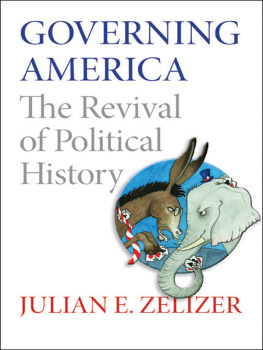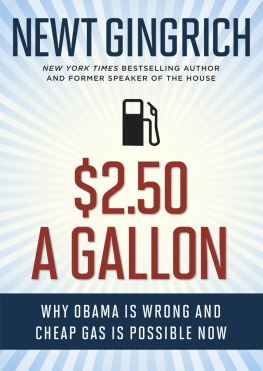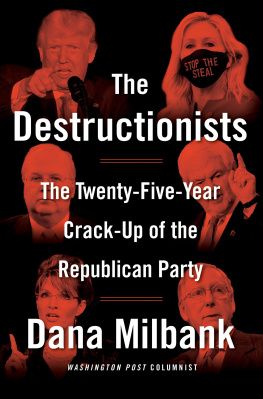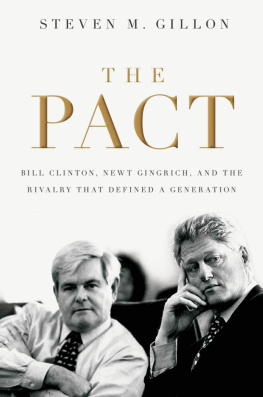Julian E. Zelizer - Burning Down the House: Newt Gingrich, the Fall of a Speaker, and the Rise of the New Republican Party
Here you can read online Julian E. Zelizer - Burning Down the House: Newt Gingrich, the Fall of a Speaker, and the Rise of the New Republican Party full text of the book (entire story) in english for free. Download pdf and epub, get meaning, cover and reviews about this ebook. year: 2020, publisher: Penguin Publishing Group, genre: Politics. Description of the work, (preface) as well as reviews are available. Best literature library LitArk.com created for fans of good reading and offers a wide selection of genres:
Romance novel
Science fiction
Adventure
Detective
Science
History
Home and family
Prose
Art
Politics
Computer
Non-fiction
Religion
Business
Children
Humor
Choose a favorite category and find really read worthwhile books. Enjoy immersion in the world of imagination, feel the emotions of the characters or learn something new for yourself, make an fascinating discovery.
- Book:Burning Down the House: Newt Gingrich, the Fall of a Speaker, and the Rise of the New Republican Party
- Author:
- Publisher:Penguin Publishing Group
- Genre:
- Year:2020
- Rating:5 / 5
- Favourites:Add to favourites
- Your mark:
Burning Down the House: Newt Gingrich, the Fall of a Speaker, and the Rise of the New Republican Party: summary, description and annotation
We offer to read an annotation, description, summary or preface (depends on what the author of the book "Burning Down the House: Newt Gingrich, the Fall of a Speaker, and the Rise of the New Republican Party" wrote himself). If you haven't found the necessary information about the book — write in the comments, we will try to find it.
When Donald Trump was elected president in 2016, President Obama observed that Trump is not an outlier; he is a culmination, a logical conclusion of the rhetoric and tactics of the Republican Party. In Burning Down the House, historian Julian Zelizer pinpoints the moment when our country was set on a path toward an era of bitterly partisan and ruthless politics, an era that was igniting by Newt Gingrich and his allies. In 1989, Gingrich brought down Democratic Speaker of the House Jim Wright and catapulted himself into the national spotlight. Perhaps more than any other politician, Gingrich introduced the rhetoric and tactics that have shaped Congress and the Republican Party for the last three decades. Elected to Congress in 1978, Gingrich quickly became one of the most powerful figures in America not through innovative ideas or charisma, but through a calculated campaign of attacks against political opponents, casting himself as a savior in a fight of good versus evil. Taking office in the post-Watergate era, he weaponized the good government reforms newly introduced to fight corruption, wielding the rules in ways that shocked the legislators who had created them. His crusade against Democrats culminated in the plot to destroy the political career of Speaker Wright.
While some of Gingrichs fellow Republicans were disturbed by the viciousness of his attacks, party leaders enjoyed his successes so much that they did little collectively to stand in his way. Democrats, for their part, were alarmed, but did not want to sink to his level and took no effective actions to stop him. It didnt seem to matter that Gingrichs moral conservatism was hypocritical or that his methods were brazen, his accusations of corruption permanently tarnished his opponents. This brand of warfare worked, not as a strategy for governance but as a path to power, and what Gingrich planted, his fellow Republicans reaped. He led them to their first majority in Congress in decades, and his legacy extends far beyond his tenure in office. From the Contract with America to the rise of the Tea Party and the Trump presidential campaign, his fingerprints can be seen throughout some of the most divisive episodes in contemporary American politics. Burning Down the House presents the alarming narrative of how Gingrich and his allies created a new normal in Washington.
Julian E. Zelizer: author's other books
Who wrote Burning Down the House: Newt Gingrich, the Fall of a Speaker, and the Rise of the New Republican Party? Find out the surname, the name of the author of the book and a list of all author's works by series.











